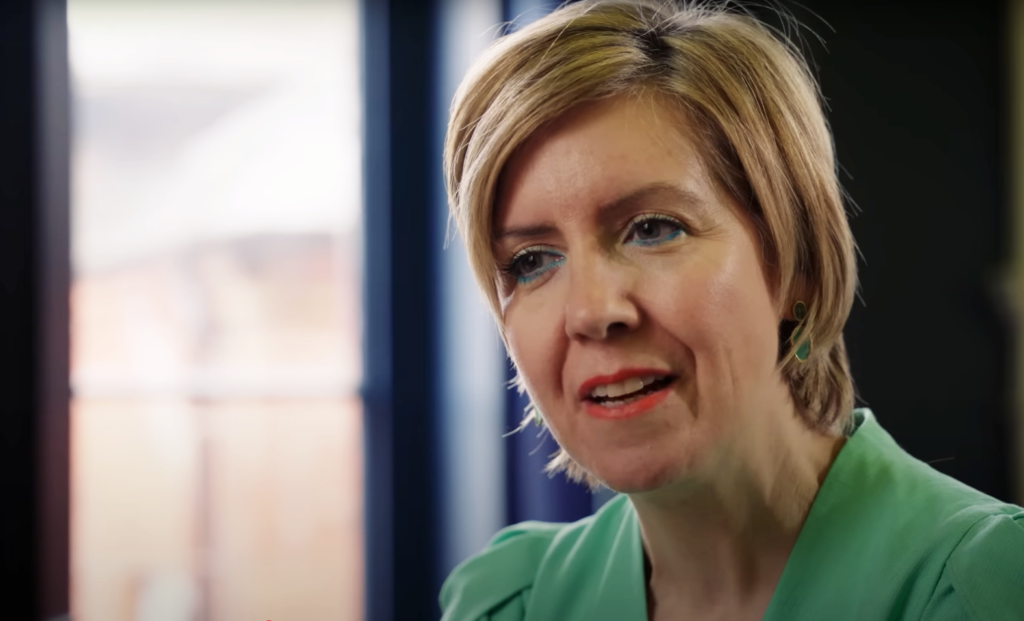Today marks the two-year anniversary of the Deepwater Horizon oil rig explosion that killed 11 rig workers and subsequently caused an oil geyser in the Gulf of Mexico that leaked hundreds of millions of gallons of crude oil into the water. The mainstream press will provide coverage over the next few days, reminding the world that the Gulf Coast is still reeling from the effects of the disaster. But for those of us that call the coast home, we’re reminded of what’s happened everyday.
A lot has happened in the two years since the rig explosion – federal inquiries, scientific testing, corporate investigations. These actions have told us two very important things: The first being that the explosion and oil leak could have easily been prevented had the companies involved not cut corners. The second is that the oil is proving to be much more harmful to the ecosystem in the Gulf of Mexico than most people realize.
The most recent developments in the ongoing saga include rig owner Transocean once again attempted to thwart a thorough investigation into their role in the disaster.
Just last week, a government attorney representing the U.S. Chemical Safety Board – a group charged with the task of investigating industrial chemical accidents – argued before a federal judge that Transocean was refusing to comply with subpoenas from the agency on information relating to the Deepwater Horizon rig explosion. The agency is not concerned with investigating the oil spill itself, but rather the actual rig explosion that killed 11 men.
They are unable to levy fines or issue arrests, they are only able to take the available evidence and make recommendations to companies in the future to try to prevent disasters like this from happening again. But in spite of the fact that they are not facing any form of legal reprimand from the group, Transocean continues to deny the subpoena requests.
One possible reason for the denial is that any evidence obtained by the agency could in turn be used in civil suits by plaintiffs and possibly even other government agencies. While it can’t be said for certain without the documents being released, those in the legal profession will tell you that if a company refuses to hand over documents, it is usually because they are hiding something.
And on the subject of lawsuits, BP recently settled out of court in the amount of $7.8 billion, to compensate loss of income to those affected by the oil, as well as what’s known as medical monitoring. Medical monitoring means that the company will continue to pay any claims related to the oil spill for people who have been sick, are sick, or could become sick in the future. Plaintiff’s lawyers have touted this measure as an enormous victory for those along the Gulf Coast.
And while positive gains are being made to make the people affected by the oil whole again, there have been almost no positive signs for the actual environment.
Scientists recently discovered that the tar balls that are still washing up on Gulf Coast beaches have been found to contain bacteria that has the potential to be life-threatening.
On top of that, new reports are surfacing on the effects that the lingering oil is having on marine life throughout the Gulf of Mexico. Fishermen are reporting catching shrimp with no eyes and other mutated forms of sealife being hauled in with their daily catch.
Despite these deformities, the FDA (and industry) continues to tell Americans that the seafood from the Gulf of Mexico is completely safe.
The concern about seafood and environmental safety is not just coming from worries over the oil, but also from worries over the dispersants that were poured on top of the oil to make it clump and sink to the bottom. The concerns are not just relegated to seafood, but also to human health. As Al Jazeera reports:
Pathways of exposure to the dispersants are inhalation, ingestion, skin, and eye contact. Health impacts can include headaches, vomiting, diarrhea, abdominal pains, chest pains, respiratory system damage, skin sensitisation, hypertension, central nervous system depression, neurotoxic effects, cardiac arrhythmia and cardiovascular damage. They are also teratogenic – able to disturb the growth and development of an embryo or fetus – and carcinogenic.
If there is one positive to come out of the event, it’s that the oil geyser helped wake people up along the Gulf Coast to the dangers posed by drilling, and general environmental degradation. A full 25% of those polled recently along the Gulf Coast said that the disaster had changed their views on oil drilling, as well as made them more aware and more accepting of climate change and its threat to the planet.
In the past two years, I have written quite a bit about the Deepwater Horizon disaster, not only because it was a massive environmental disaster, but because I have lived along the Gulf Coast for nearly my entire life. I was born here, and currently call this area home.
I grew up playing in the sugar white sands of Pensacola Beach, and had hoped that my young children would be able to do the same. While I didn’t suffer any financial loss, or the loss of a loved one from the disaster, I did lose a part of my childhood when the oil began washing up on our shores.
I will conclude with a video that we produced shortly after the oil disaster that really captured the mood of those of us along the coast. It’s called “Cries from the Gulf.” And while the national media will pay homage to the Gulf Coast for the next few days and then move onto other stories, rest assured, the cries from the Gulf have not subsided – it’s just that people stopped listening.
Subscribe to our newsletter
Stay up to date with DeSmog news and alerts







